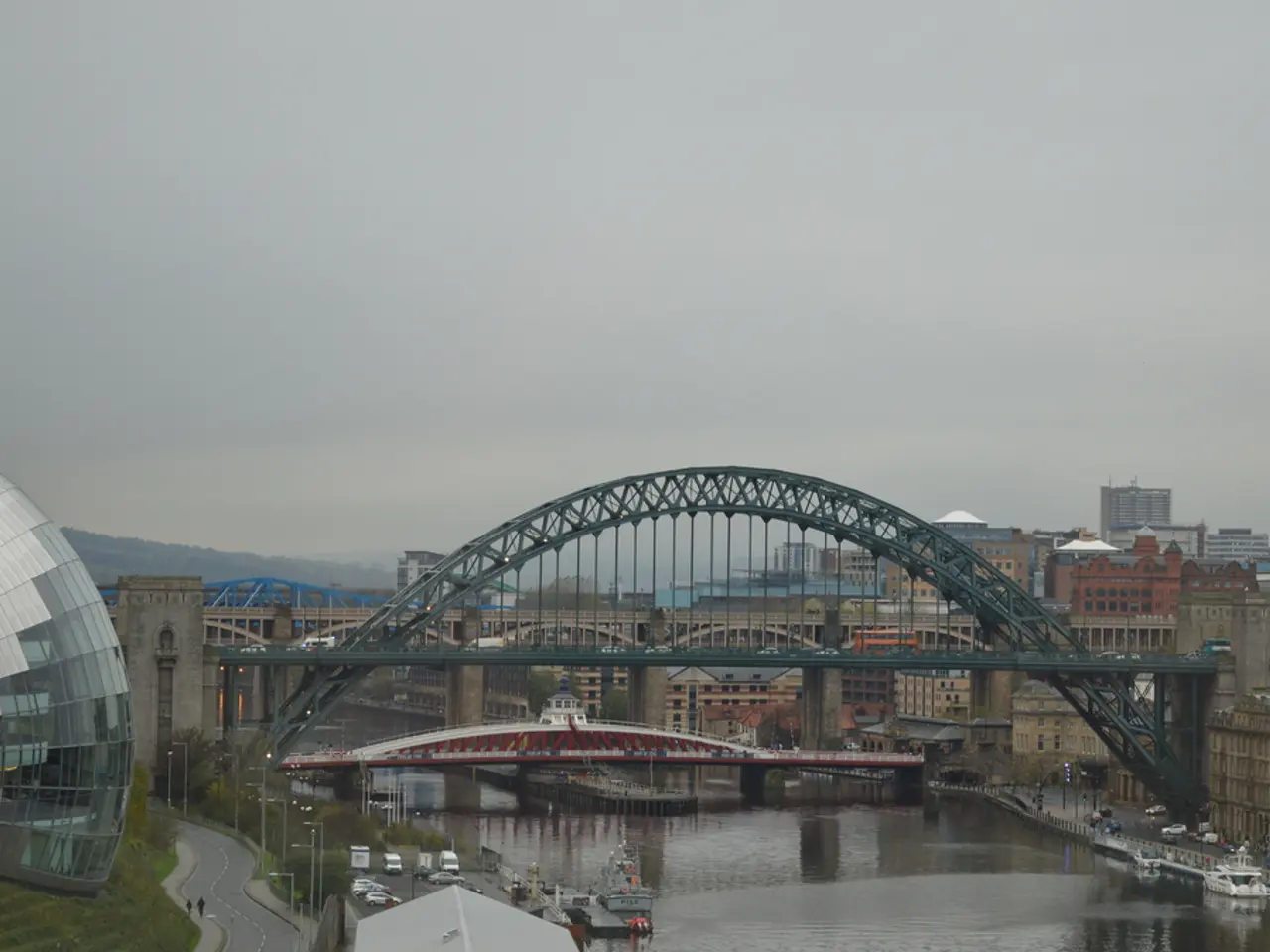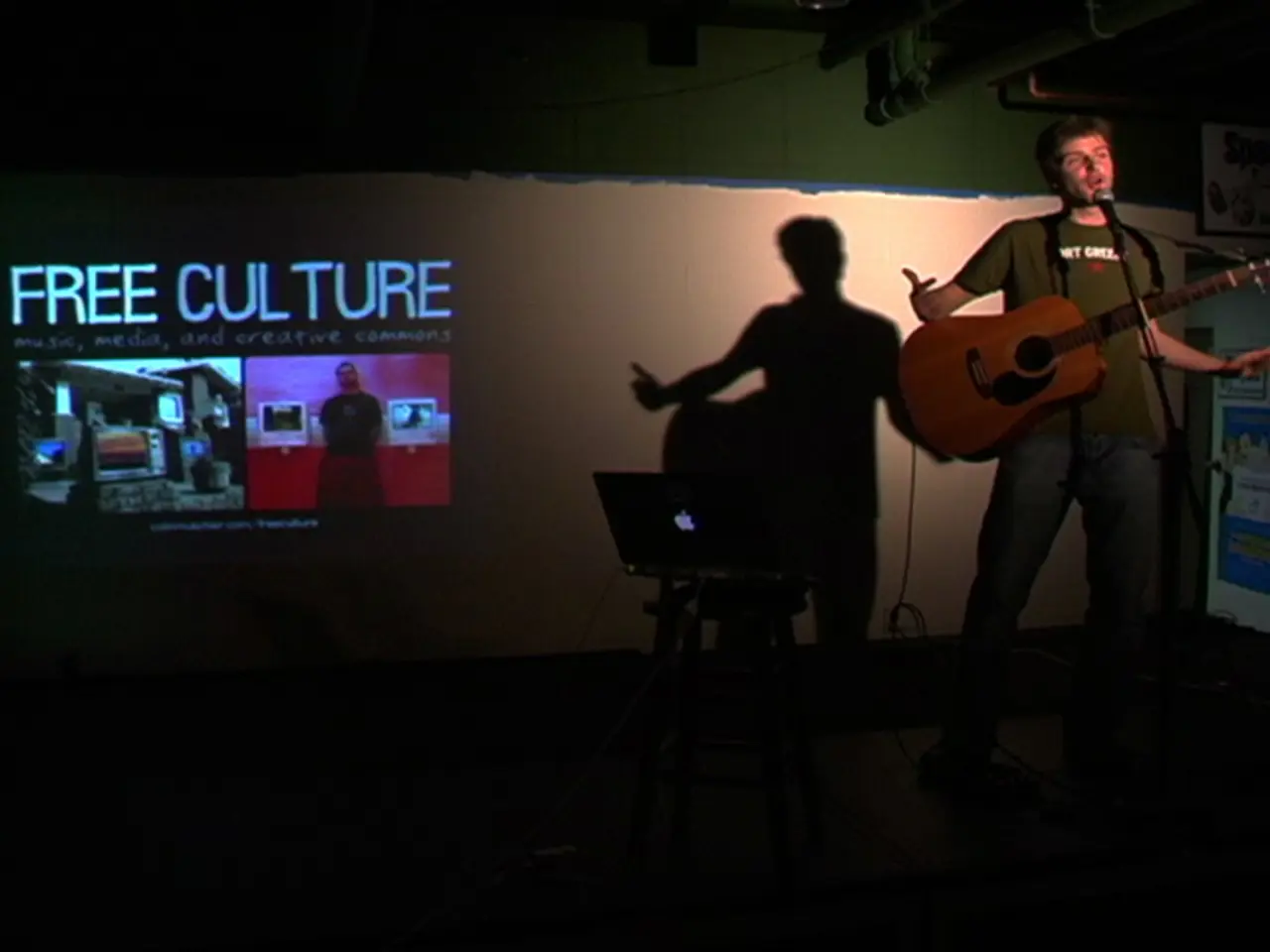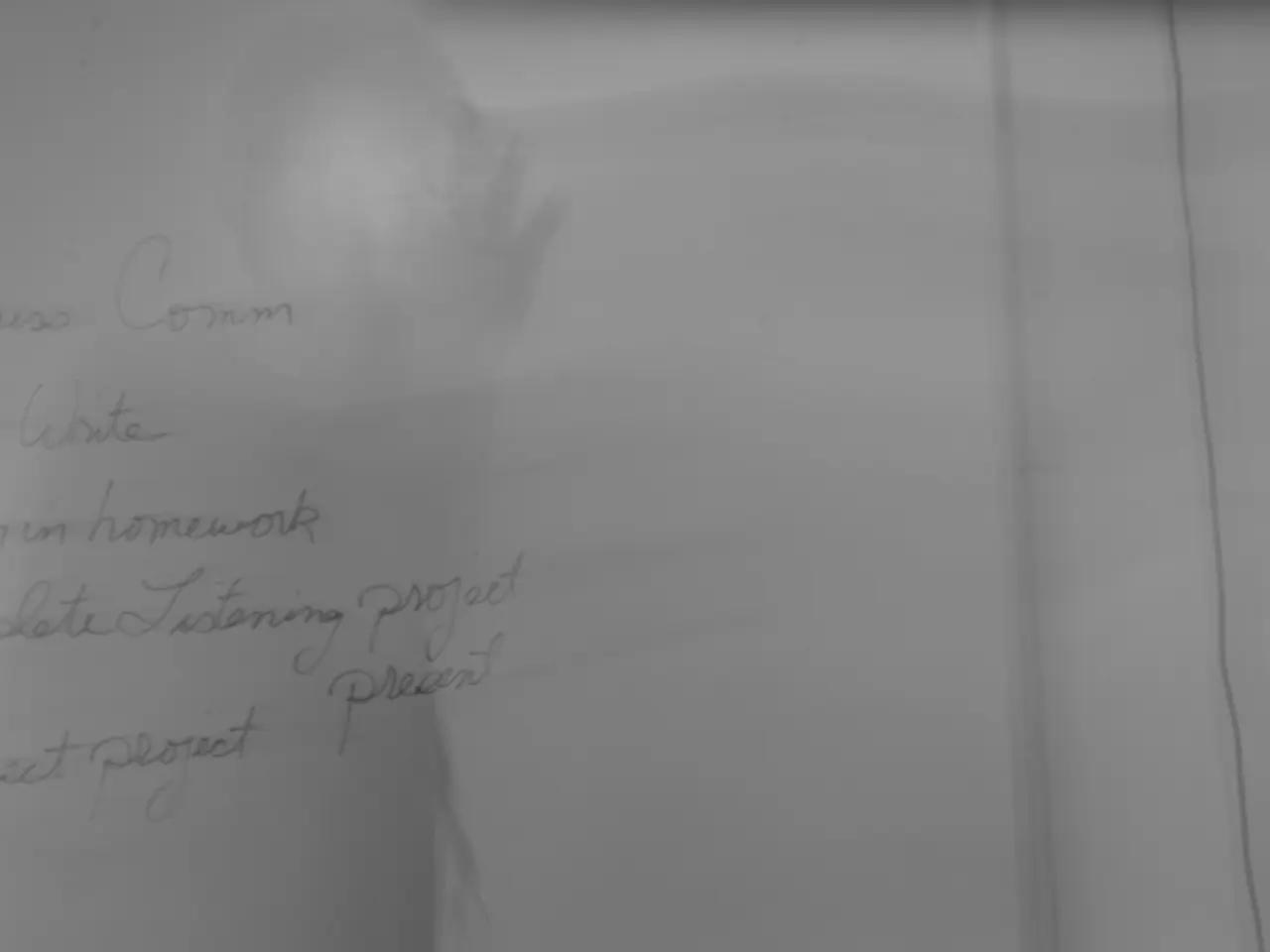Intense Heat is tormenting many, yet it's not this factor causing widespread discomfort
In the sweltering heat of this summer, the air is heavy and thick, a tangible reminder of the changing climate. As the mercury rises, so does the discomfort, making it hard to focus or think clearly. This is not just a heatwave, but a reckoning or a critical moment of truth.
The current capitalist system, while often hailed as the best of the bad options, is flawed and collapsing under the weight of its own greed. It benefits some people, but not everyone, and is killing the planet while ignoring the needs of hungry people.
Capitalism, with its emphasis on individualism and competition, often generates significant wealth for a small elite while many remain in poverty or face precarious economic conditions. This is especially true for marginalized groups, who are disproportionately impacted by the system's entrenched inequalities and social stratification.
In Canada, capitalism intertwines with colonialism, racism, and sexism to deepen disparities. Racial and gender wage gaps and unequal labor market access reinforce poverty and poor health outcomes among racialized and Indigenous populations. Employers exploit vulnerability by offering low wages and insecure jobs, sustaining a cycle of economic and social disadvantage.
Globally, capitalism combined with factors like climate change exacerbates poverty. Unmitigated climate change risks nearly doubling the number of people living in extreme poverty by 2050, disproportionately affecting already vulnerable regions like Sub-Saharan Africa. Rising inequality, even slightly measured by metrics like the Gini coefficient, can significantly increase poverty rates, demonstrating how capitalist market dynamics can intensify economic disparities unless regulated.
However, defenders of capitalism point to its historic role in unprecedented economic growth and poverty reduction worldwide over the last two centuries. They argue that economic freedom under capitalism has dramatically increased global wealth and living standards, citing examples from the United States, South Korea, and some Nordic countries that blend capitalist market economics with social welfare policies. These views emphasize capitalism’s capacity to create wealth, though often coupled with debate around the balance of market freedom and social support.
The phrase "the rich get richer and the poor get poorer" encapsulates this critique, describing how capitalist systems tend to produce self-reinforcing cycles of wealth concentration, intensifying inequality and social tension.
In the midst of this heatwave, the stark contrast between the ultra-wealthy finding ways to escape the heat and the rest of us coping with open windows and cool showers is a poignant illustration of this reality. Shellene Drakes-Tull, a Toronto-based storyteller, educator, and the founder of Sweet Lime Communications, has observed more people living outside in the heat, pushing shopping carts with their belongings and asking for change near local businesses.
As we navigate this critical moment, truth-telling about the flaws of capitalism is essential. Consumerism, driven by capitalism and algorithms, encourages people to buy more than they need, contributing to waste and environmental impact. Many of us, including the author, are guilty of overconsumption, accumulating unnecessary items without considering their impact.
It's time for a change. If we continue down this path, everyone will be affected negatively. We need to reevaluate our economic systems, addressing the structural and systemic mechanisms that disadvantage the poor and work towards a more equitable and sustainable future.
[1] [Source] [2] [Source] [3] [Source] [4] [Source]
This article is protected by reCAPTCHA, and the Google privacy policy and terms of service apply. You can sign up for more updates from the newsletter page.
- Acknowledging the sweltering heat of the summer as a tangible reminder of climate-change, we question the current capitalist system's sustainability and its impact on the environment.
- The discomfort caused by the heatwave echoes the distress arising from the system's greed, revealing its flaws and inability to cater to everyone's needs, including the hungry and the planet.
- In Toronto, the visible disparities between the ultra-wealthy and the less fortunate underline the social and economic inequalities perpetuated by the system, while a shift towards environmental-science and sustainable living becomes increasingly important.
- News headlines reveal Canada's interwoven issues of capitalism, colonialism, racism, and sexism, further entrenching disparities, particularly in wage gaps and access to secure jobs for marginalized groups.
- Globally, the intersection of capitalism and climate change is causing an exacerbation of poverty, with regions like Sub-Saharan Africa being disproportionately affected, while minimal progress in reducing poverty will be seen if there are no adjustments to market dynamics.
- As the rich get richer, media outlets cover their opinions defending capitalism, citing historical economic growth and poverty reduction facilitated by the system. However, potential drawbacks in the form of increased inequality and social tension are highlighted.
- The lifestyle promoted by fashion-and-beauty, food-and-drink, and social-media industries further contributes to overconsumption and waste, harming both the environment and the community.
- toronto's streets are a reflection of the effects of capitalism on those at the bottom, with individuals taking refuge in public spaces and asking for help, while the wealthy can afford to escape the heat.
- In this critical moment, it is crucial to champion the truth about capitalism, understand its consequences on arts, politics, general-news, entertainment, and culture, and work towards a more sustainable and equitable future for our communities.
- To join the call for change, visit our lifestyle newsletter page and stay informed about the progressive movements focusing on social justice and climate-change, empowering you to make a difference in the coming years.







